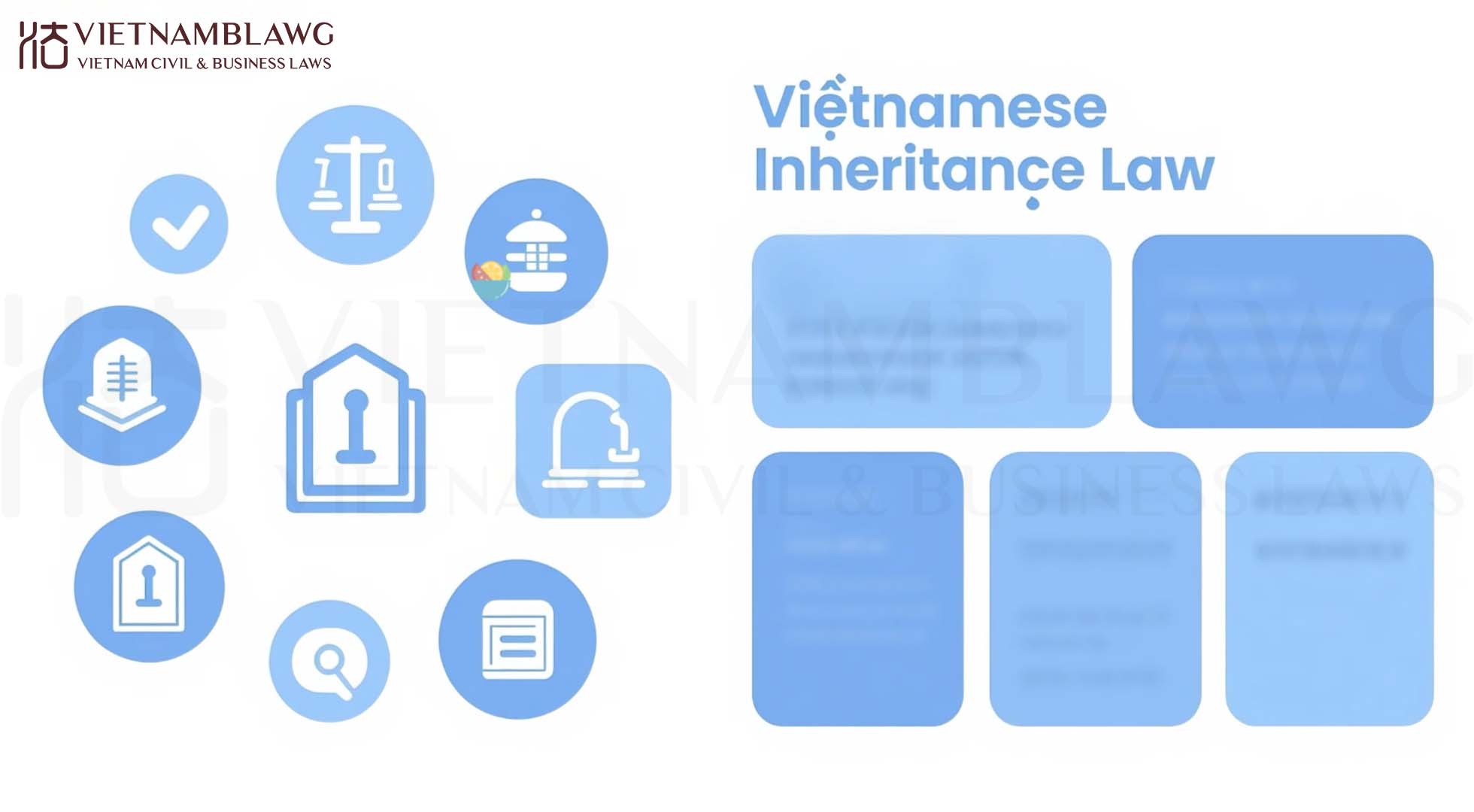With cross-border activities increasing exponentially with the rise of Vietnamese economy in the world stage, it is not uncommon for an heir outside of Vietnam to get involved in an inheritane situation where the estate in question is corporate interests in a Vietnamese company.

I. Are shares recognized as a form of property under Vietnamese law?
Under Clause 1, Article 4 of the Law on Securities 2019, securities are classified as assets and include:
- Shares, bonds, and fund certificates;
- Warrants, secured warrants, options, depository receipts;
- Derivatives;
- Other types of securities as defined by the Government.
This provision establishes that shares are a type of security representing ownership rights in the issuing organization. Since securities are categorized as assets—encompassing shares, bonds, and fund certificates—it is clear that shares are inherently a form of property.
From the perspective of the Civil Code, Clause 1, Article 105 defines property as "objects, money, valuable papers, and property rights." Similarly, under Point (c), Clause 2, Article 6 of the Law on the State Bank of Vietnam 2010, the term "valuable papers" includes government bonds, corporate bonds, promissory notes, shares, and other instruments.
Thus, shares are recognized as both property and valuable papers under Vietnamese law. Consequently, the ownership of shares and the associated rights are considered personal property. These rights are fully protected under Vietnam’s legal framework, including within the context of family context.
II. Are foreign individuals entitled to receive shares/share ownership rights following inheritance?
Pursuant to Article 613 of the Civil Code 2015, Vietnamese inheritance law does not differentiate between foreign nationals and Vietnamese citizens. Accordingly, the inheritance rights of foreign individuals are recognized under Vietnamese law through provisions governing intestate inheritance.
Under the Civil Code 2015 and the Law on Enterprises 2020, foreign nationals may inherit shares in Vietnamese companies even in the absence of a will.
For example:
Mr. Thomas, a German citizen, is the son of Mrs. Hoa, a Vietnamese citizen and a shareholder in a Vietnamese furniture manufacturing company. Upon Mrs. Hoa’s passing, without leaving a will, Mr. Thomas, as her direct heir, is entitled to inherit her shares in the company under Vietnamese inheritance law.
The process of inheriting shares in the absence of a will is governed by the following key legal and procedural steps:
(i) Intestate Inheritance
When a deceased individual leaves no will, their estate is divided according to the rules of intestate inheritance. Under Vietnamese law, the first order of heirs includes the deceased’s spouse, parents, and children. Foreign heirs within this first order of succession are entitled to inherit shares held by the deceased in a Vietnamese company.
(ii) Ownership Rights and Limitations on Shareholding by Foreign Nationals
Upon inheriting shares, foreign nationals must comply with the restrictions imposed by the Law on Investment 2020 regarding foreign ownership of shares.
- In certain restricted business sectors, the proportion of shares a foreign investor may own is capped[JT1] .
- If the company operates in a restricted sector, foreign heirs may need to adjust their shareholding—such as through partial divestment or restructuring[JT2] —to comply with these ownership limitations.
(iii) Notarization and Confirmation of Inheritance Rights
To formally inherit shares, foreign heirs must complete the notarization process in Vietnam. This involves:
- Submitting documents such as the deceased's death certificate, evidence of their relationship to the deceased, and other relevant legal paperwork.
- Once the notarization is completed, the foreign heir acquires legal recognition of their ownership rights over the shares.
(iv) Registration of Shareholder Changes and Update of the Shareholder Register
After notarization, the foreign heir must proceed with:
- Registering the shareholder change with the relevant business registration authority.
- Updating the company’s shareholder register[JT3] to officially reflect their status as a shareholder.
This step ensures the heir’s rights to the shares are recognized and protected under Vietnamese law.
(v) Tax Obligations Related to Inherited Assets
Foreign heirs are subject to personal income tax obligations on the inherited shares, which will be addressed in future post on this blog. Fulfilling these tax obligations is a prerequisite to securing and maintaining their lawful ownership of the inherited shares in Vietnam.
Foreign heirs can inherit shares in Vietnamese companies provided they meet the legal and procedural requirements. Vietnam’s laws offer flexibility for foreign investors while maintaining safeguards to regulate ownership, ensuring alignment with the country’s broader economic policies.
[JT1]Could just shed a bit lights without going into many details on what if the shares to be inherited by the foreign heir is greater than capping percentage? You may write another article explaining this in details later on.
[JT2]Details expected later on.
[JT3]Register kept by the government or the company itself?




Comments